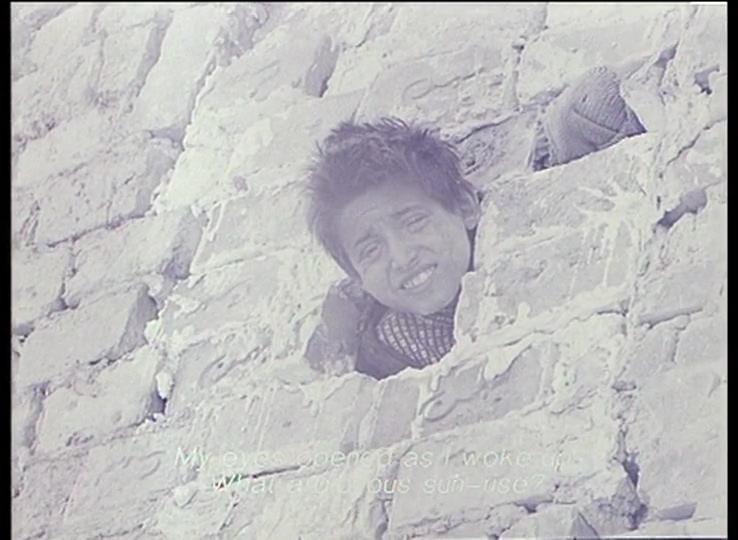Logline: While making a documentary about a mysterious old Iranian director, two young filmmakers realize they have become inevitable characters in their own film. Soon, the documentary becomes a tale of two different generations of Iranian filmmakers with similar struggles.
Description:
The subject of this feature-length documentary is the Iranian filmmaker, Kamran Shirdel, who made four critically acclaimed short social documentaries in the 1960s but seemingly only produced industrial films and advertisements for the rest of his career. The documentary investigates how, contrary to general perception, Shirdel never abandoned cinema. In fact, despite constant struggles with censorship, lack of funding, and resistance from commercial distributors, he tried to engage with cinema in any way possible: making short documentaries, an experimental animation, an independent feature, short industrial films, advertisements, short guerrilla films during the revolution, as well as teaching, writing and translating books about cinema. The documentary places Shirdel and Iranian cinema in a global context and explores the achievements of the Iranian New Wave that could, at their best, rival the most advanced films from Europe. The film features footage from Shirdel’s work, archival photographs, and videos, along with original interviews with filmmakers, critics, and scholars who have studied his work, including Amir Naderi, Hamid Dabashi, Majed Neisi, and Ehsan Khoshbakht, among others. The project has been supported by the Temple University Vice Provost of the Arts as well as the Scribe Student Media Maker Fund thus far.
While Shirdel has been very enthusiastic and supportive about the making of this film from the outset, his persistent lack of willingness to give an interview to the filmmakers, Arta and Mehrnoosh, pushes them to explore more creative solutions (something that might or might not have been Shirdel’s goal). In this process, they find themselves becoming characters in their own film. The documentary is then transformed from a traditional talking-head to a meta-exploration of the process of documentary filmmaking itself, and in this way unwittingly parallels Shirdel’s most important film, The Night It Rained. The filmmakers find themselves acting as detectives out of a film noir on a mission to uncover the real Shirdel, through sounds, photographs, documents, and stories. In their quest, the filmmakers go down a rabbit hole, becoming entangled with the modern history of Iran and its cinema, the Revolution, and a rediscovery of their own cinematic roots as diasporic artists.
Statement
While certain sections of Iranian cinema after the revolution are well-known outside of Iran due to attention from film festivals and programmers, the rich treasures of the 1960s and 70s are still mostly unknown. Those who are still alive from the New Wave generation are all in their seventies and eighties, Kamran Shirdel being one of them. With our documentary, we want to capture and preserve part of this rich history that’s been ill-preserved, constantly censored, and ignored throughout decades, and do so while we still have access to these artists. Our hope is that, through the person and cinema of Shirdel, not just as a pioneering filmmaker, but also as a mentor to many of the other great filmmakers of the time, we might shine a light on their generation as a whole and contribute to a global re-assessment of Iranian film history, while also preserving a significant part of our cultural memory as Iranians.

